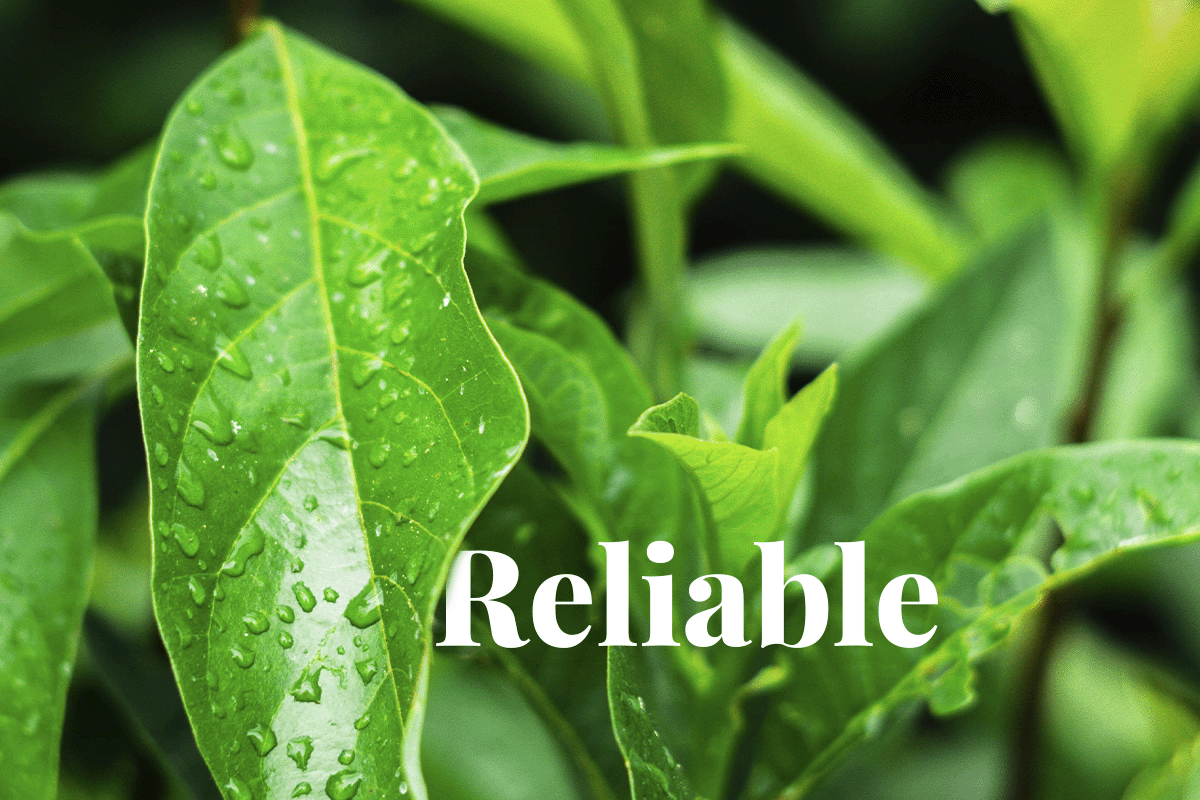Businesses are increasingly eager to invest in environmental action, seeking more reliable carbon markets, as shown by a recent study by the We Mean Business Coalition, Intercontinental Exchange (ICE), and Bain & Company. Over 180 executives and managers voiced a strong preference for carbon credits to achieve net-zero goals, highlighting the need for more robust market integrity.
 Close-up of tree leaves after rain. Hongera Reforestation Project, DGB.
Close-up of tree leaves after rain. Hongera Reforestation Project, DGB.
Currently, a third of these leaders are incorporating carbon credits (also known as carbon units) into their sustainability strategies. Although these credits are verified through independent standards, they're not backed by government programmes. These credits were estimated at a value of around $1.3 billion in 2022.
The study pointed out several obstacles hindering broader market participation, including potential legal and reputational risks and insufficient recognition from corporate net-zero standard-setters. Respondents called for enhanced regulatory frameworks to mitigate these concerns.
Read more: Digitising the ground: Verra's leap in soil carbon quantification
Improvements in market transparency could significantly impact participation and investment in carbon credits. The survey suggests a potential doubling in participation among companies not currently in the market, from 22% to 50%, and a 10% increase in spending by existing participants within the next two years. Furthermore, it indicates that more companies would set both short and long-term environmental targets.
Highlighting the effectiveness of carbon credit markets, over 70% of the respondents acknowledged these platforms as enabling their businesses to pursue additional environmental actions. Companies engaged in carbon credit markets reportedly decarbonise at twice the rate of those not involved.
Read more: The voluntary carbon market's journey through 2023 and beyond
Luke Pritchard of the We Mean Business Coalition, a co-author of the survey, emphasised the consensus among business leaders on the strategic importance of environmental action and carbon markets. He noted that enhancing confidence in these markets and the units they produce through stronger frameworks could unlock more corporate climate finance, driving progress toward global net-zero objectives.
DGB Group's commitment to nature-based initiatives, including reforestation, community-based agroforestry, and energy-efficient cookstoves, produces carbon units certified by prestigious carbon standards like Verra and the Gold Standard. Our carbon compensation solutions offer organisations a straightforward and transparent way to compensate for their environmental footprint.
Collaborating with DGB empowers businesses and individuals alike to make substantial progress towards their net-zero ambitions, aiding in the recovery and conservation of ecosystems and landscapes. Learn more about our verified carbon units and how you can contribute to creating a greener world
Join the change for a healthier planet with DGB’s carbon units



